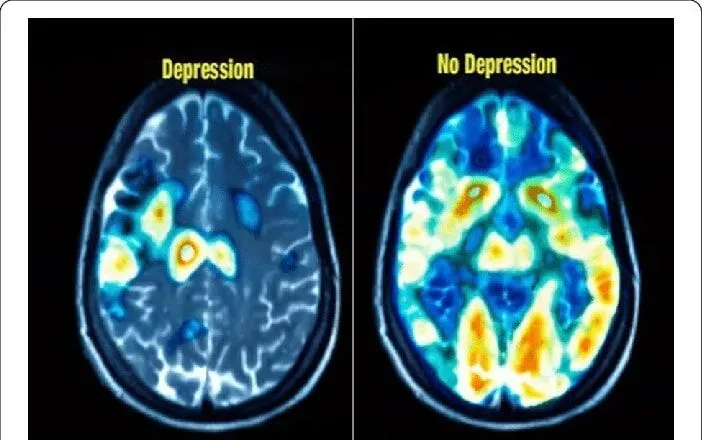Understanding Good Mental Health
Good mental health goes beyond just the absence of mental illness. It involves a state of well-being where you feel capable of managing daily stresses, working productively, and contributing to society. According to the World Health Organization, good mental health allows you to:
- Cope with everyday stresses
- Work and learn effectively
- Use your abilities and talents
- Engage with and contribute to your community
When you experience good mental health, you’re likely to feel content, connected to others, and find meaning and purpose in life.
Navigating Challenges with Good Mental Health
Life is full of ups and downs, but those with good mental health are typically better equipped to handle these challenges. Key indicators of good mental health include:
- Confidence in handling new situations or stresses
- Optimism about the future
- A balanced perspective, without always blaming yourself
- The ability to set and achieve goals
- Maintaining healthy routines like regular sleep and eating habits
- Finding joy despite difficulties
Building Resilience
Resilience is a crucial aspect of good mental health. It’s the ability to navigate unexpected changes and challenges by relying on your inner strength and support networks. Resilient individuals are better at managing stress and are less prone to mental health issues like depression and anxiety. Developing coping skills can significantly enhance your resilience.
Daily Practices for Maintaining Good Mental Health
Research by MindSpot highlights five key actions, referred to as 'the Big Five,' that contribute to better mental health:
Engaging in Meaningful Activities: Whether it's listening to your favorite music or watching a show you love, engaging in activities that bring you joy and a sense of accomplishment can enhance your well-being.
Practicing Healthy Thinking: This involves maintaining perspective and being kind to yourself in your internal dialogue.
Setting Goals and Making Plans: Goals keep you motivated and give you something to look forward to, helping to prevent dwelling on past issues.
Maintaining a Healthy Routine: Simple routines, such as consistent sleep patterns or fulfilling daily roles, can have a significant impact on your mental health.
Staying Socially Connected: Regular interaction with friends and family fosters a sense of belonging and validation.
For more details and a self-assessment of the 'Big Five,' visit MindSpot's website.
Resources and Support
If you're struggling with your mental health, it’s important to reach out. Whether you need a mental health check-in or want to explore resources for maintaining good mental health, support is available.
- Beyond Blue: Call 1300 22 4636 for counseling and support.
- headspace: Find your local center or call 1800 650 890 for support aimed at young people.
- ReachOut: Explore mental health information tailored for young people and parents.
- Black Dog Institute: Access digital tools and apps designed to improve mental health.
- Head to Health: For advice and local mental health services, call 1800 595 212.
Remember, maintaining good mental health is a continuous journey that involves nurturing your resilience, staying connected, and seeking help when needed.



